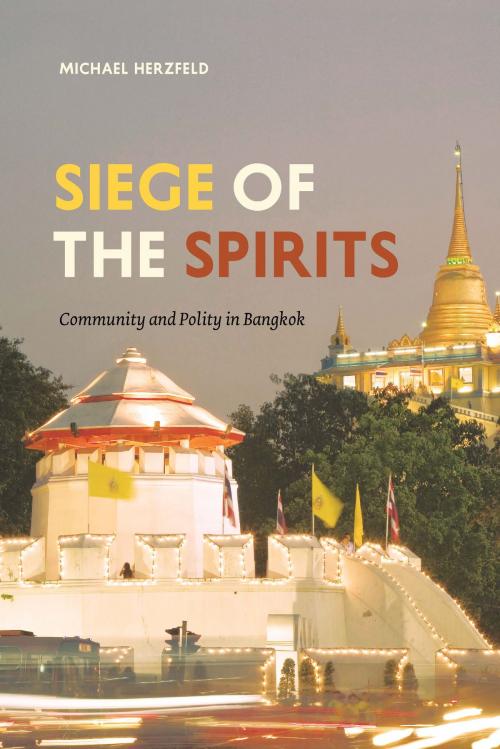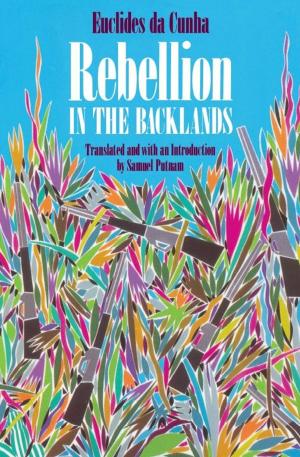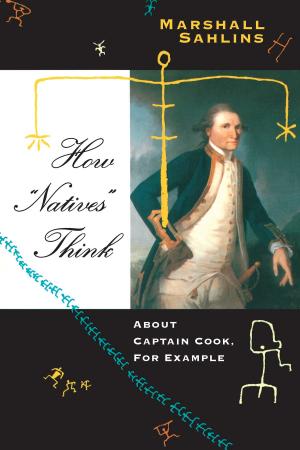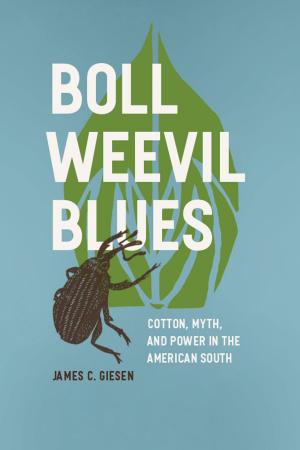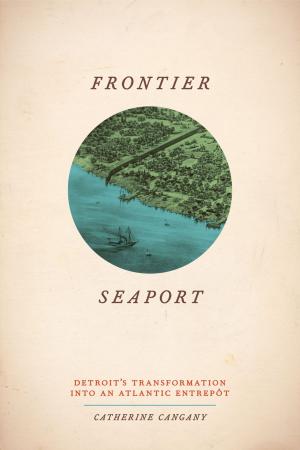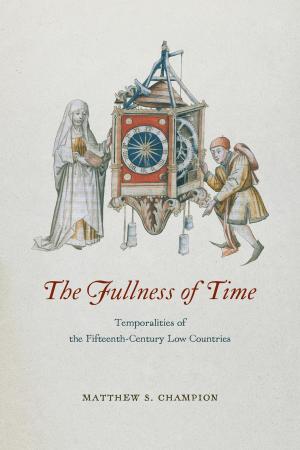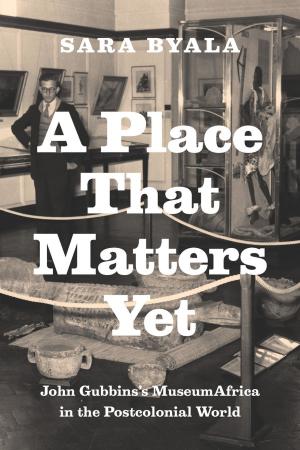Siege of the Spirits
Community and Polity in Bangkok
Nonfiction, History, Asian, Southeast Asia, Social & Cultural Studies, Social Science, Anthropology| Author: | Michael Herzfeld | ISBN: | 9780226331751 |
| Publisher: | University of Chicago Press | Publication: | March 11, 2016 |
| Imprint: | University of Chicago Press | Language: | English |
| Author: | Michael Herzfeld |
| ISBN: | 9780226331751 |
| Publisher: | University of Chicago Press |
| Publication: | March 11, 2016 |
| Imprint: | University of Chicago Press |
| Language: | English |
What happens when three hundred alleged squatters go head-to-head with an enormous city government looking to develop the place where they live? As anthropologist Michael Herzfeld shows in this book, the answer can be surprising. He tells the story of Pom Mahakan, a tiny enclave in the heart of old Bangkok whose residents have resisted authorities’ demands to vacate their homes for a quarter of a century. It’s a story of community versus government, of old versus new, and of political will versus the law.
Herzfeld argues that even though the residents of Pom Mahakan have lost every legal battle the city government has dragged them into, they have won every public relations contest, highlighting their struggle as one against bureaucrats who do not respect the age-old values of Thai/Siamese social and cultural order. Such values include compassion for the poor and an understanding of urban space as deeply embedded in social and ritual relations. In a gripping account of their standoff, Herzfeld—who simultaneously argues for the importance of activism in scholarship—traces the agile political tactics and styles of the community’s leadership, using their struggle to illuminate the larger difficulties, tensions, and unresolved debates that continue to roil Thai society to this day.
What happens when three hundred alleged squatters go head-to-head with an enormous city government looking to develop the place where they live? As anthropologist Michael Herzfeld shows in this book, the answer can be surprising. He tells the story of Pom Mahakan, a tiny enclave in the heart of old Bangkok whose residents have resisted authorities’ demands to vacate their homes for a quarter of a century. It’s a story of community versus government, of old versus new, and of political will versus the law.
Herzfeld argues that even though the residents of Pom Mahakan have lost every legal battle the city government has dragged them into, they have won every public relations contest, highlighting their struggle as one against bureaucrats who do not respect the age-old values of Thai/Siamese social and cultural order. Such values include compassion for the poor and an understanding of urban space as deeply embedded in social and ritual relations. In a gripping account of their standoff, Herzfeld—who simultaneously argues for the importance of activism in scholarship—traces the agile political tactics and styles of the community’s leadership, using their struggle to illuminate the larger difficulties, tensions, and unresolved debates that continue to roil Thai society to this day.
